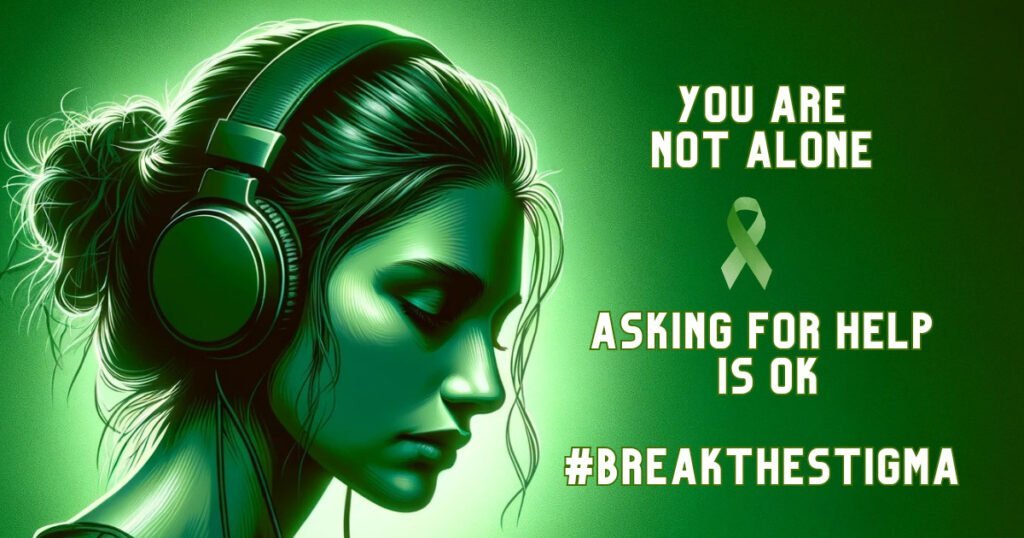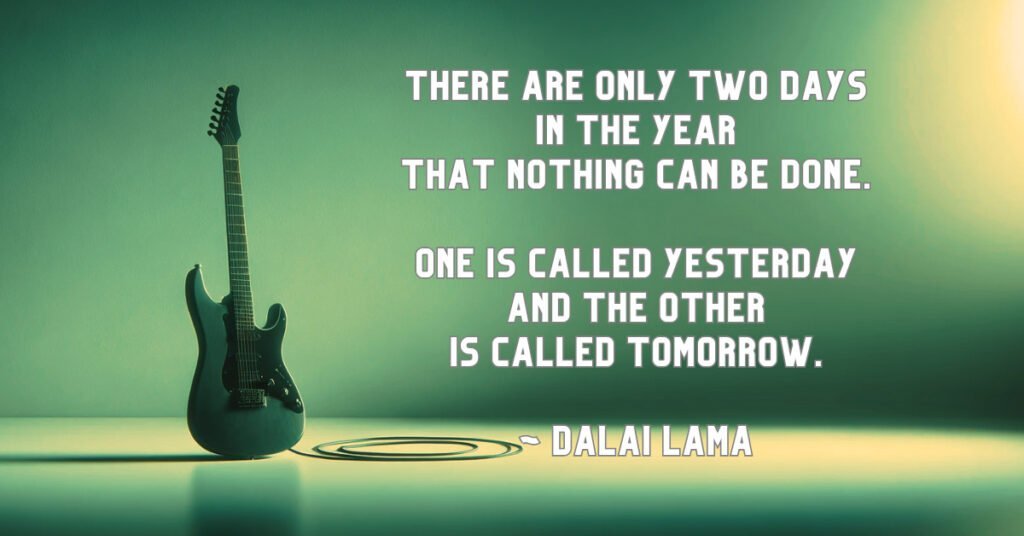
Introduction: The Power of Words and Actions
The metaphor “Grab a plate and throw it on the ground. -Okay, done. Did it break? -Yes. Now say sorry to it. -Sorry. Did it go back to the way it was before? -No. Do you understand?” vividly captures the irreversible nature of our actions and words. This metaphor, much like the enduring effects of a powerful rock anthem or a well-timed joke, conveys a deep truth about human interactions. Its simplicity is comparable to the clear and impactful lyrics of a classic rock song or the punchline of a memorable joke, effectively conveying the significant weight and permanence of our actions and words.
This metaphor serves as a stark reminder of the lasting implications of our words and deeds, akin to a catchy rock tune or a humorous anecdote that remains with us. It emphasizes that once our actions and expressions are out in the open, they cannot be undone, similar to how a song or joke, once heard, remains in memory. This analogy is not just a cautionary tale but also a powerful illustration that compels us to reflect on the nature of our actions, similar to a thought-provoking lyric or a joke that challenges our views. It aligns with the quote by underscoring the permanent consequences of our actions and the limitations of words in reversing their effects, effectively illustrating the concept of irreversibility in human interactions.
The Irreversibility of Words and Actions: A Symphony of Consequences
The metaphor emphasizes the irrevocable nature of our words and actions, similar to the enduring echo of a rock concert. It supports the quote by showing that like a powerful guitar riff, our actions and words, once expressed, have a lasting impact that cannot be retracted or altered. This section explores why this analogy is particularly effective in illustrating the unforgettable and influential nature of rock music and humor. Just as a rock song’s lyrics or a comedian’s punchline can etch themselves in our memory, so too can the effects of our actions and words linger.
Moreover, this metaphor serves as a powerful reminder of our responsibility in communication, much like a musician or comedian is conscious of the power of their performance. Our actions and words can create ripples in the lives of others, akin to the vibrations of a rock song felt long after the music stops. This analogy teaches us that our behaviors and expressions have significant, sometimes irreversible, effects, urging us to be more mindful and considerate in our interactions.
Apologies and Their Limitations: The Incomplete Encore
Apologizing to the broken plate, as depicted in the metaphor, fails to reverse its shattered state, mirroring the limitations of apologies in human relationships. This section agrees with the quote by illustrating that apologies, while important, are often insufficient to undo the harm caused by our actions and words. It draws an analogy to a rock band’s encore that cannot undo a flawed performance, emphasizing that an apology, much like an encore, is an acknowledgment of a mistake but does not erase the initial error.
This part of the metaphor effectively communicates the limited power of apologies, supporting the quote’s message about the need for foresight and responsibility in our actions. It suggests that while apologies are a necessary step towards healing and reconciliation, they cannot always repair the damage done, especially in cases where the actions or words have caused significant harm.
Understanding and Responsibility: The Reflective Encore
The metaphor’s concluding query, “Do you understand?” serves as a prompt for introspection, akin to the contemplative silence following a powerful performance or a thought-provoking joke. This section aligns with the quote by emphasizing the importance of understanding the impact of our actions and words and accepting responsibility for them. It suggests that, like artists reflecting on their performance, we must consider the long-term effects of our actions and words on others.
This metaphor supports the quote’s message by encouraging a deeper understanding and sense of responsibility. It implies that being aware of our impact is crucial for promoting empathy and respect in our interactions, much like how artists aim to connect with their audience. This part of the metaphor reinforces the idea that our actions and words have significant, sometimes irreversible, consequences, and we must be mindful of this in our daily lives.
Conclusion: Harmonizing Life’s Lessons with the Melody of Awareness
In conclusion, the metaphor of the broken plate followed by an apology resonates with the lasting impact of rock music and humor, effectively communicating the importance of thoughtfulness in our interactions. It aligns with the quote by highlighting the permanence of our actions and the limitations of words in healing certain wounds. This metaphor, in its straightforwardness, encapsulates a profound truth about human relationships and the impact of our choices. It reinforces the importance of responsibility and mindfulness in our daily lives, serving as a powerful, thought-provoking tool for understanding the significance of our actions and words.
The positive takeaway is the heightened awareness it brings, guiding us to act with greater care and empathy, enhancing our interactions and relationships, much like a beautifully composed song or a well-delivered joke enriches our experience of life. This metaphor serves as a reminder that our words and actions are like melodies and narratives that once released, shape our relationships and the world around us, urging us to choose them wisely and thoughtfully.


